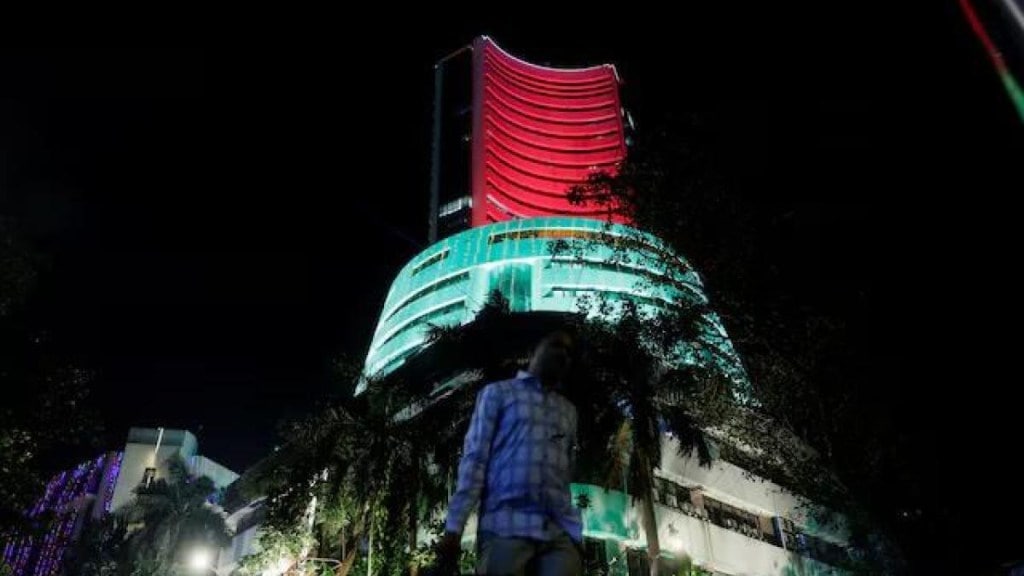After gaining over 3% on Monday, benchmark indices tumbled by almost 6% — their worst performance on an election result day since 2004 — on Tuesday.
While the market had been nervous in the past few weeks, as indicated by the India VIX that has doubled in the past six weeks, election results indicating BJP’s inability to garner a clear majority soured the market mood.
The Sensex and Nifty witnessed their worst falls in absolute terms. The Sensex fell 4,389.73 points or 5.74% to close at 72,079.05 points. Similarly, the Nifty also fell 1,379 points or 5.93% to close at 21,884.50 points. Both indices fell more than 8% intraday.
The mid-cap and small-cap indices fared worse, falling 8.07% and 6.79%, respectively.
The sharp fall in the stock markets saw Rs 31.1 trillion of investor wealth being wiped out in a single day — the worst ever fall. The rout was so bad that 791 stocks or 23% firms listed on the BSE hit the lower circuit.
Both foreign and domestic institutional investors turned net sellers on Tuesday. FPIs’ net sales stood at an all-time high of Rs 12,436.22 crore, whereas DIIs sold shares of Rs 3,318.98 crore. More interestingly, FPI short positions rose by a whopping 80.4% on Tuesday to 355,379 contracts — a new high.
Market participants, however, kept their chins up, with most believing that the election results would be a temporary blip in the overall scheme of things. Most believe that the strong fundamentals of the economy, which saw the GDP grow at an impressive rate of 8.2% in FY24, would provide reassurance to investors.
Shankaran Naren, ED & CIO, ICICI Prudential Mutual Fund, said: “India’s macroeconomic fundamentals paint a positive picture. The nation boasts of robust macros, a resilient banking sector with clean balance sheets, minimal corporate leverage owing to which credit rating agencies are upgrading their outlook on India.”
Most like Vinit Sambre, equities head of DSP Mutual Fund, believe there is a bit of uncertainty as investors are concerned about the slowdown of reforms that had been initiated under the BJP-led government.This, he said, has triggered a correction in the markets as investors reassess the outlook under the new political landscape.
Added D P Singh, joint CEO, SBI Mutual Fund, “When the election results are unexpected and you get into a downward spiral, these things happen. I’m sure the market will make a comeback. India’s growth story remains intact.”
Public sector units bore the major brunt of the fall in the markets, with power finance companies such as PFC and REC falling as much as 25%. The fall was so sharp that it prompted Samir Arora, founder and fund manager, Helios Capital, to quip on X, “Power industry stocks being down so much today makes one feel that it was never about the attractiveness of the power sector but more about who will be in power.”
Among sectoral losers, utilities, power, oil & gas, services and capital goods fell 12-14%. Among Sensex stocks, NTPC, SBI, L&T, Power Grid and Tata Steel fell 8-15%.
Naren believes that valuations continue to be a challenge. “Amid these positives, the challenge we are facing are above-average valuation and domestic exuberance towards direct equity which currently is at an all-time high.”
Most believe that markets will settle down once the election results fever subsides. Sambre added that once the initial shock and market sentiment steadies, the markets are anticipated to regain stability, with their performance aligning more closely with its underlying fundamentals.

